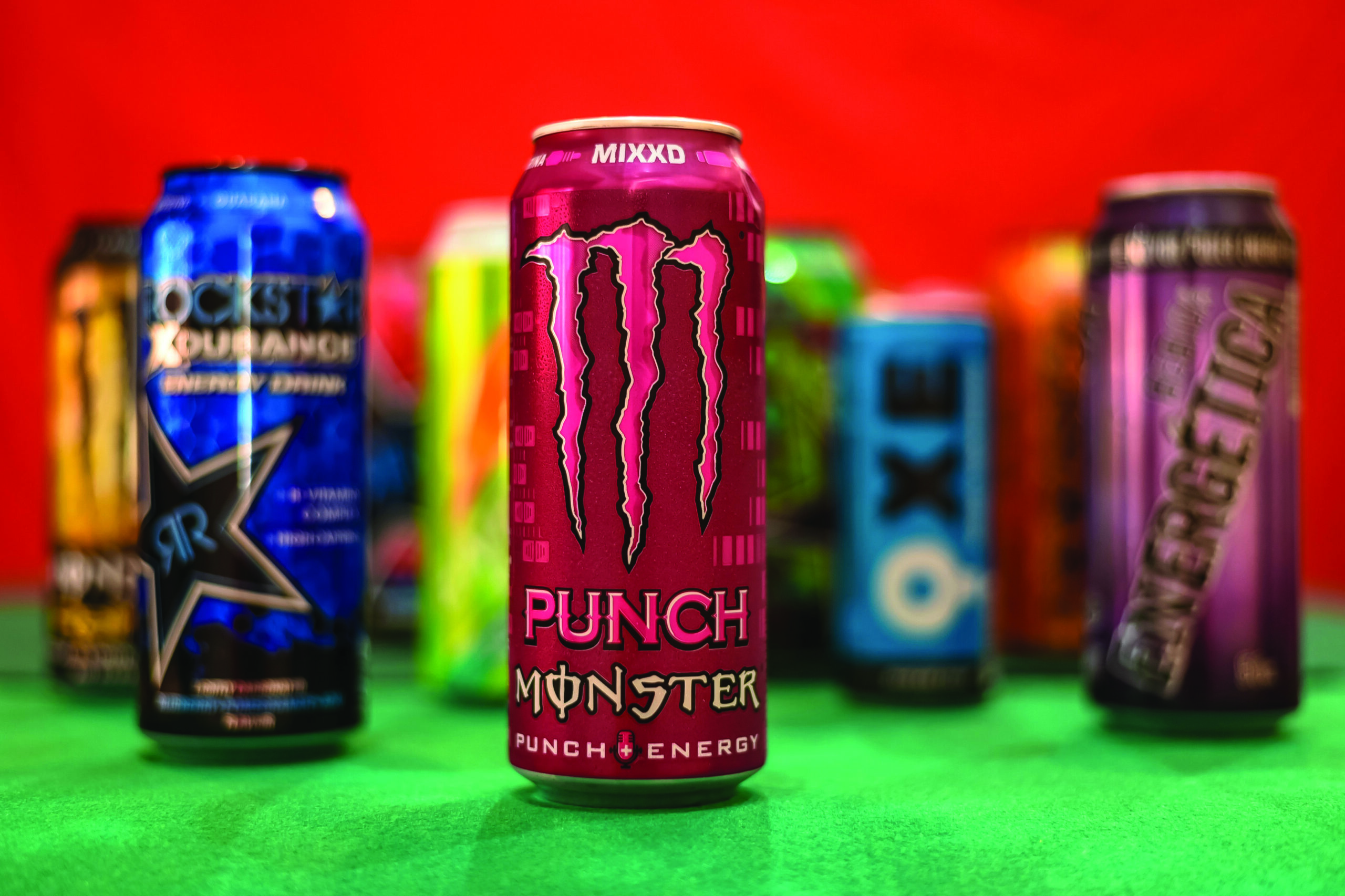
What to Know About Monster Drinks
recent study of 57 previous studies looked at what monster drinks are doing to youth. The conclusion was consumption by children and young people had a strong association with numerous adverse physical and mental health outcomes.
These energy drinks are non-alcoholic drinks that contain high amounts of caffeine and sugar in addition to other stimulants like taurine, ginseng, and guarana. Below shows a chart of the amount of caffeine in different drinks.
BEVERAGE MG OF CAFFEINE
Energy Drink (vary in size) 50–505 mg
Coffee (1 cup serving size) 90 mg
Tea (1 cup serving size) 50 mg
Cola (2 cups serving size) 34 mg
The study found a strong association between drinking energy drinks and smoking, alcohol use, binge drinking, and other substance use as well as the intent to use. In fact, the study reported the energy drinks increased the odds of current smoking and vaping, and also increased starting smoking and vaping one year later. In addition, sensation-seeking and delinquent behaviors were associated too.
Other behaviors that are associated with consuming energy drinks are short sleep duration, poor sleep quality and low academic performance. Not surprising, if youth aren’t getting enough or good sleep, their schoolwork can suffer.
Most concerning was the connection with drinking energy drinks and mental health issues. Youth who consume these monster drinks had an increased risk of suicide, psychological distress, attention-deficit-hyperactivity disorder (ADHD) symptoms, as well as depressive and panic behaviors.
Other concerning beverages are the energy shots. They are a lot smaller, but often contain the same amount of caffeine as the energy drink.
Researchers also found that youth who use these beverages often have a higher body mass index (BMI) and unhealthy weight control behaviors, such as one-food diets, fasting, diet pills, and purging. This could be from the high sugar content or consuming energy-dense fast foods, snack foods, and skipping breakfast regularly.
Youth report using these products because of taste and energy seeking, but also social and peer influence.
It’s important for parents to understand the detrimental effects of these energy drinks and educate their kids about them.
